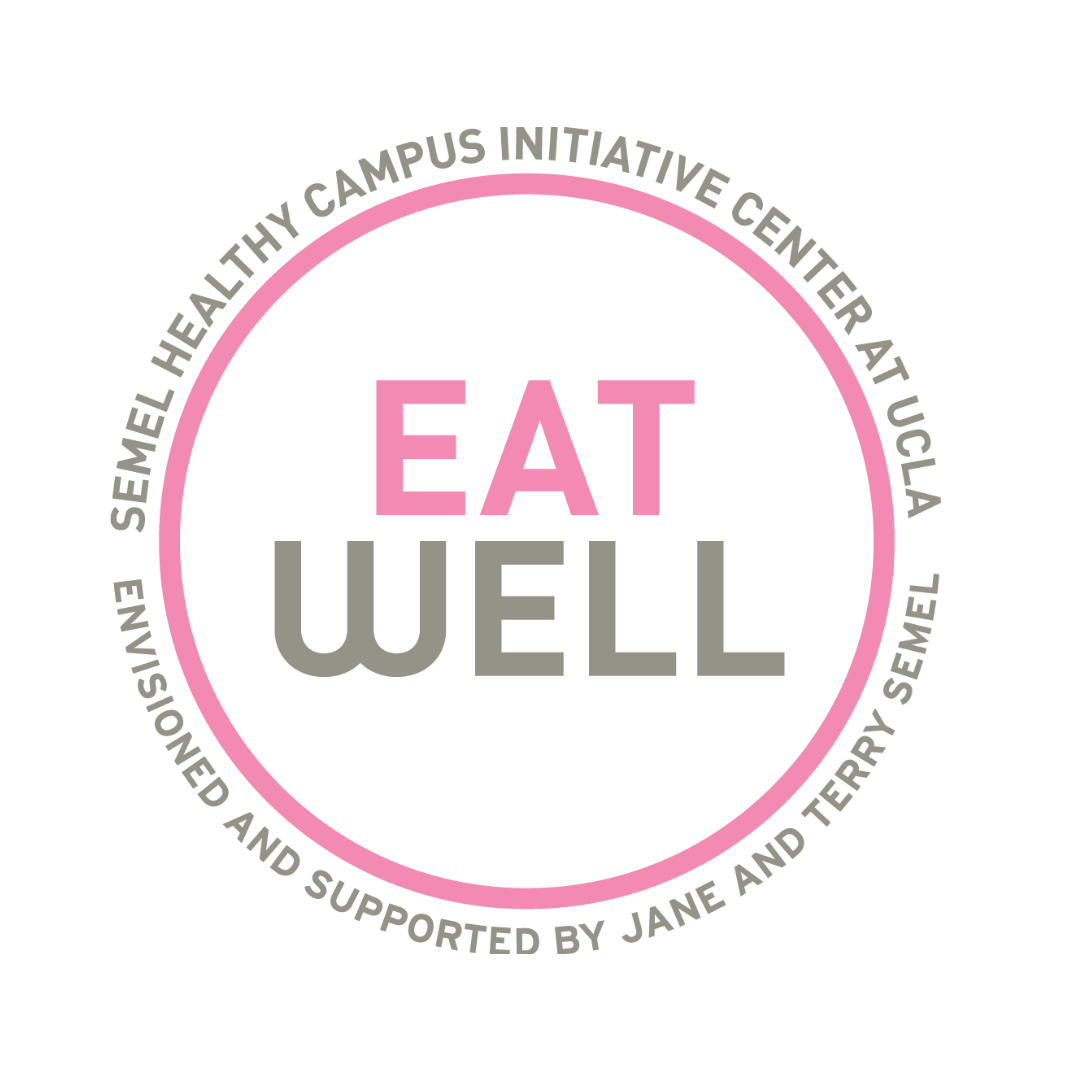Courses
Featured Courses
CHS 48: Nutrition & Food Studies: Principles & Practice (5 units)
Offered Session A (June 25-Aug. 3) AND Session C (Aug. 6-Sept. 14)
This course examines and applies basic science concepts of nutrition to student lives and real-world issues through lectures, diet analysis, activities, reports, discussion of video and reading assignments, and reviews of community programs that apply nutrition and behavior theory to improve public health. It describes components of diets and food sources and their roles in maintaining body health and explores social, cultural, behavioral, and environmental causes of chronic disease.
Learn more here.
CHS 131: Healthy Food Access in Los Angeles: The History and Practice in Urban Agriculture (4 units)
Spring Quarter, Hands-On Gardening Workshops Complemented with guest lectures, Meeting Time TBA
This course examines the history and recent revival of urban food gardening in Los Angeles to better understand how many current urban agriculture initiatives are a response to the increased presence of obesity, food deserts, and food insecurity in urban areas. We will hear from various advocacy organizations that are working to provide their communities with access to healthy and affordable food that is grown locally and sustainably. Finally, we will consider the future of urban agriculture and whether it has the potential to aid in solving many of our current health, environmental, and food security concerns by participating in weekly, hands-on gardening workshops and demonstrations.
Want to take your interest in food and nutrition to the next level? Take a look at the featured programs and classes below. Get the info here and register through MyUCLA.
Food Studies Programs at UCLA and beyond
- Explore UCLA’s undergraduate Food Studies Minor for undergraduate students. Students must complete 6 courses and a capstone project. Visit their website to learn more about the requirements, course offerings, and application process.
- UCLA’s Food Studies Graduate Certificate Program is open to all graduate students. Students must complete 4 courses, including the Food Studies Colloquium offered in the Spring Quarter. Visit their website to see the full list of course offerings and learn how to apply.
- If you’re looking for something beyond UCLA’s Food Studies Minor or Graduate Certificate, check out our extensive list of Bachelors, Masters and Doctorate programs around the country that focus on food studies.
